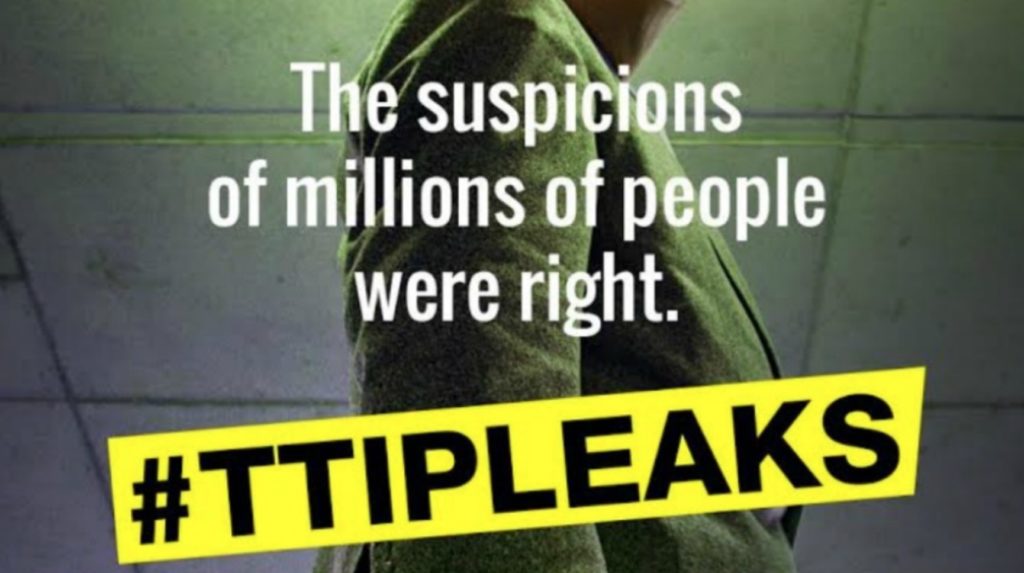Submitted by Rudy Takala via The Washington Examiner,
Regulators in Washington are showing increasing interest in tightening rules on political speech on the web, arguing that the dissonant voices enabled by "new media" have become too influential. If that effort is successful, experts wonder whether it could impact more traditional media as well, especially in how it relates to conservatives.
"The best example we can give is going back a few years to when the [Federal Communications Commission] was looking at trying to silence talk radio, which was obviously a realm of conservatism," said Drew Johnson, executive director of the nonprofit group "Protect Internet Freedom."
He was referring to the agency's "Fairness Doctrine," which required broadcasters to grant equal time to opposing political candidates.
Democrats on the Federal Election Commission demonstrated a similar regulatory ambition in February, when they voted unsuccessfully to apply campaign finance laws, which are traditionally intended to govern paid political advertisements, to unpaid political accounts on Twitter.
"The Twitterverse has carved out for itself a unique and increasingly important role in American elections and political debate," Democratic Commissioner Ellen Weintraub wrote in support of the effort, adding that she believed it "reasonable to count Twitter profiles as among a political committee's websites."
The effort failed narrowly in a 3-3 split along party lines. Had it succeeded, Republicans warned, it could have been a gateway to regulating traditional media. "Social media platforms as diverse as Facebook and Instagram to Snapchat and the New York Times comment boards would be swept into a cumbersome and often speech-prohibitive disclaimer scheme," the FEC's three GOP commissioners argued in a joint statement.
Some conservatives agree that the Internet has changed the nature of media, but not in an auspicious way. "We're not seeing the best and the brightest anymore," said Jason Lewis, a 25-year talk radio host who retired from his syndicated broadcast in 2014.
However, he added, "Someone in their pajamas in the basement can say and write anything he wants without much consequence. The good news is that not very many people will read it."
The move to crack down on speech has also faced pushback from conservative regulators. Speaking about the prospect of his agency looking at regulations in the future, FCC Commissioner Ajit Pai told the Washington Examiner the debate was symptomatic of a broader skepticism of free speech that wasn't healthy for the country.
"[It] poses a special danger to a country that cherishes First Amendment speech, freedom of expression, even freedom of association," Pai said. "I think it's dangerous, frankly, that we don't see more often people espousing the First Amendment view that we should have a robust marketplace of ideas where everybody should be willing and able to participate."
As one of only two Republicans on the five-member FCC, Pai has limited power to thwart policies that his Democratic colleagues support. However, he has amplified the voice of critics who say the agency has exceeded its congressional mandate. The FCC's 2015 "net neutrality" order, which included a ruling that stripped Internet service providers of First Amendment protections, is facing a legal challenge partly on that basis.
In order for pro-regulatory forces to reach the level of success they have long sought, they may need a more sympathetic Congress, or another president who favors their cause.
"I think the threat right now is more from regulatory agencies and the administration. Congress has been a bit more willing to be more 'hands off' on the Internet, and there's not a strong partisan divide," Johnson said. "There are different members who feel different ways about Internet regulation, but it seems like the real threat is the FCC and the FEC and the administration abusing regulatory powers to sort of compromise freedom on the Internet."
Though the next president could have a significant impact on the regulatory landscape, neither party's presumptive nominee has said much about the specific issues involved, with one exception of a promise by Hillary Clinton to enforce "strong net neutrality rules" should she be elected.
But with tight divisions among regulators and the high stakes involved, observers are going to be watching closely to see how the dialogue evolves.
"I could see a situation, particularly if a Democrat controlled the White House again, where you could see that sort of threat or concern regarding political speech in both new media and old," Johnson said.

via http://ift.tt/1ZyjSan Tyler Durden
